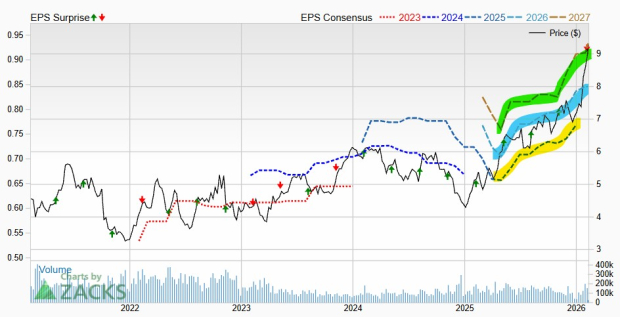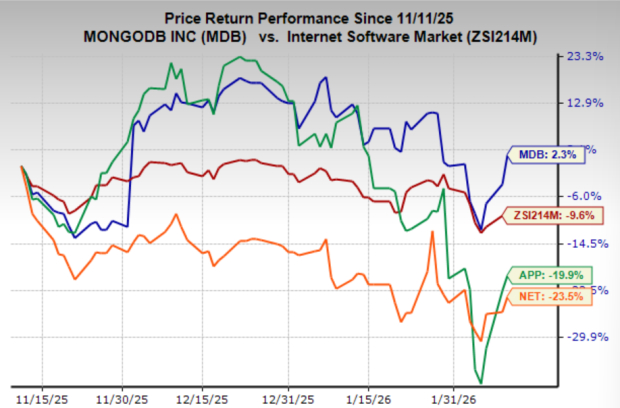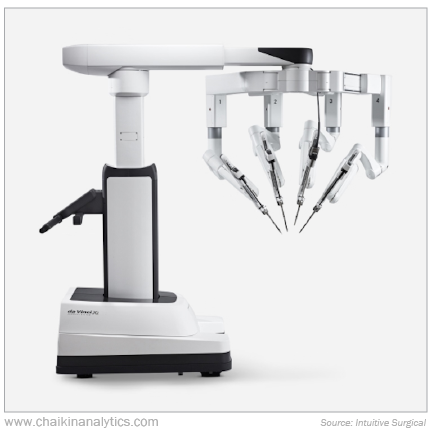
I am 73 and my wife is 70 with one son. We have $235,000 in a savings account and we each have $250,000 in Roth IRAs. We also have $1.675 million in a brokerage account and $1.55 million in a 401(k). Everything other than the two Roths are invested solely in stocks and the two Roths are 60% stocks and 40% bonds. With Social Security and pensions, our monthly income is $11,000 and we save about $3,800 monthly. Should we change our brokerage and 401(k) accounts to a 60/40 mix and move some of our savings to money market accounts or bonds?
Understanding the 60/40 Allocation
For many retirees, transitioning to a 60/40 portfolio is a common strategy aimed at achieving a balance between growth and stability. The combination of stocks and bonds can provide long-term growth potential while ensuring a level of income to cover living expenses in retirement. However, in your case, it might not be the most necessary move, considering your financial situation.
Based on your current financial situation and monthly income, you may have room to optimize your asset allocation. Consider seeking the guidance of a financial advisor to better manage and invest your retirement savings.
Pros and Cons of a 60/40 Asset Allocation
The primary reason for holding a 60/40 portfolio in retirement is its balance between growth and stability. Ideally, the stock allocation powers the long-term growth of your portfolio so you don’t run out of money while the bond portion produces income for withdrawals. However, given the details you’ve provided, this may not be entirely necessary for you at this stage of your retirement planning.
If I read your question correctly, you have a guaranteed income of $11,000 per month and save almost $4,000 from that money. It sounds like you aren’t taking regular withdrawals from your savings and don’t need to. If you have $235,000 in a savings account and a total of $500,000 in Roth IRAs already in a 60/40 allocation, that adds up to $735,000 of relatively stable money. That’s a pretty substantial balance of readily accessible money, especially if you aren’t relying on it for regular cash flow. If you want an expert to evaluate your asset allocation or to manage your portfolio, this free matching tool can connect you with up to three financial advisors.
Optimizing Your 401(k) and Brokerage Accounts
You have several good options for the remaining money in your 401(k) and brokerage account. Depending on what you want to do with the money and the purpose it serves, I think you can either leave it invested aggressively or switch to a more conservative allocation such as a 60/40 split.
If what I mentioned above about your cash flow is correct – that is, you and your spouse want to maximize growth with the remaining money – you could leave it invested as it is. You just have to be comfortable with potential market volatility. An aggressive stock-heavy asset allocation will provide a higher expected return that allows you to grow a larger balance over time but it will likely be much more sensitive to market swings.
Optimizing Your Savings
As for your savings, think about where this money currently resides. If it’s in a regular savings account earning something near the national average of about 0.5%, then you’d likely be able to get a better interest rate if you move it to a
Is a 60/40 Portfolio Right for Your Retirement?
Retirement is a time to savor the fruits of one’s labor, to take life easy, and to let investments work for you. But it’s also a time when you might want to reconsider your portfolio allocation. Suppose you’re in your 70s with almost $3.5 million invested, solely in stocks. Is it time to switch to a 60/40 portfolio? This article offers insightful tips and financial advice from a SmartAsset columnist on just that.
Maximizing Your Returns—Consider High-Yield Accounts
As we enter the golden years, financial prudence becomes all the more essential. It’s well-worth exploring high-yield savings accounts or money market accounts to make the most of your savings. These can offer annual percentage yields (APYs) between 4% and 5%. For instance, on a deposit of $235,000, an added 4.5% would mean an extra $10,575 per year. That’s nothing to sneeze at, especially for retirees on fixed incomes.
It’s important to note that rates on high-yield accounts may fluctuate, so you may also want to consider short-term bonds or certificates of deposit (CDs) for more stable rates. Spreading your investment across different maturities using a bond ladder or CD ladder can keep your money flowing in a staggered, reliable manner. When a bond or CD matures, you simply reinvest that money into a new one—ensuring a continuous, secure stream of income until you need to tap into it.
Guidance for Your Golden Years
- Your portfolio’s asset allocation should align with your risk tolerance, goals, and/or time horizon. SmartAsset’s asset allocation calculator can help you determine how much of your portfolio should be invested in stocks, bonds, and cash based on your risk profile.
- A financial advisor can help you make important decisions surrounding your retirement plan. SmartAsset offers a free tool to match you with up to three vetted financial advisors who serve your area, so you can have a free introductory call with your advisor matches to decide which one you feel is right for you.
Whether you decide to go for a 60/40 portfolio or stick to your current allocation, the key is to make sure that your investment works for your retirement dreams. After all, you’ve worked hard for this—enjoy it to the fullest!
Photo credit: ©iStock.com/insta_photos, ©iStock.com/DNY59
The post Ask an Advisor: We’re in Our 70s With Nearly $3.5 Million Invested ‘Solely in Stocks.’ Should We Switch to a 60/40 Portfolio? appeared first on SmartReads by SmartAsset.
The views and opinions expressed herein are the views and opinions of the author and do not necessarily reflect those of Nasdaq, Inc.











